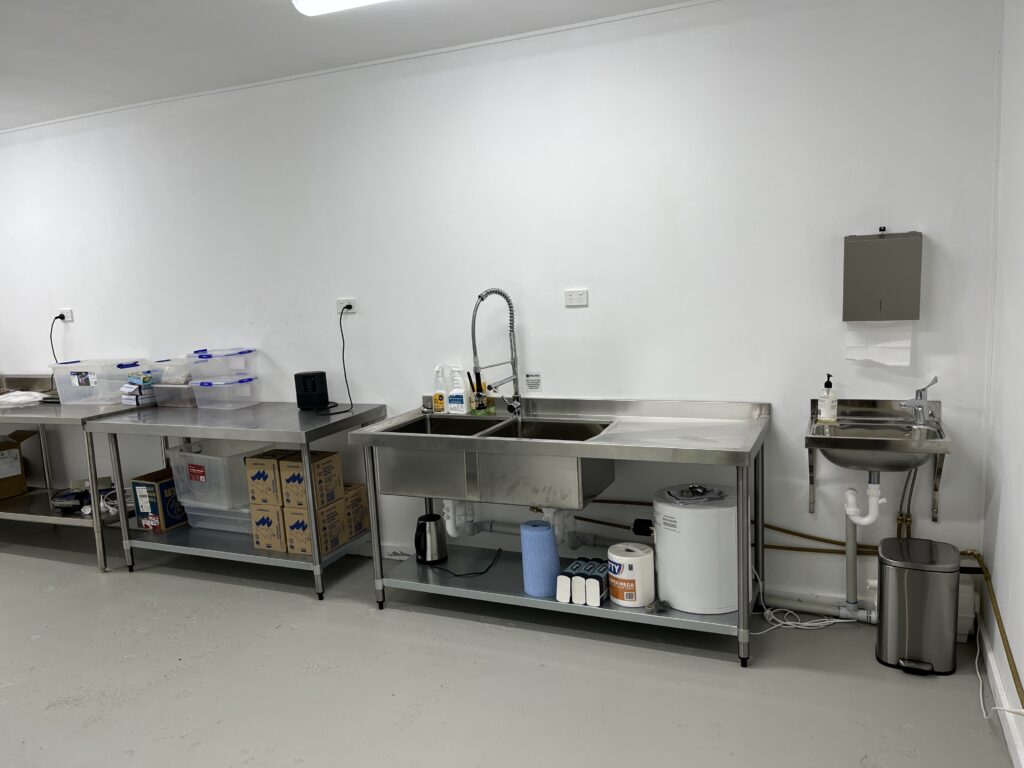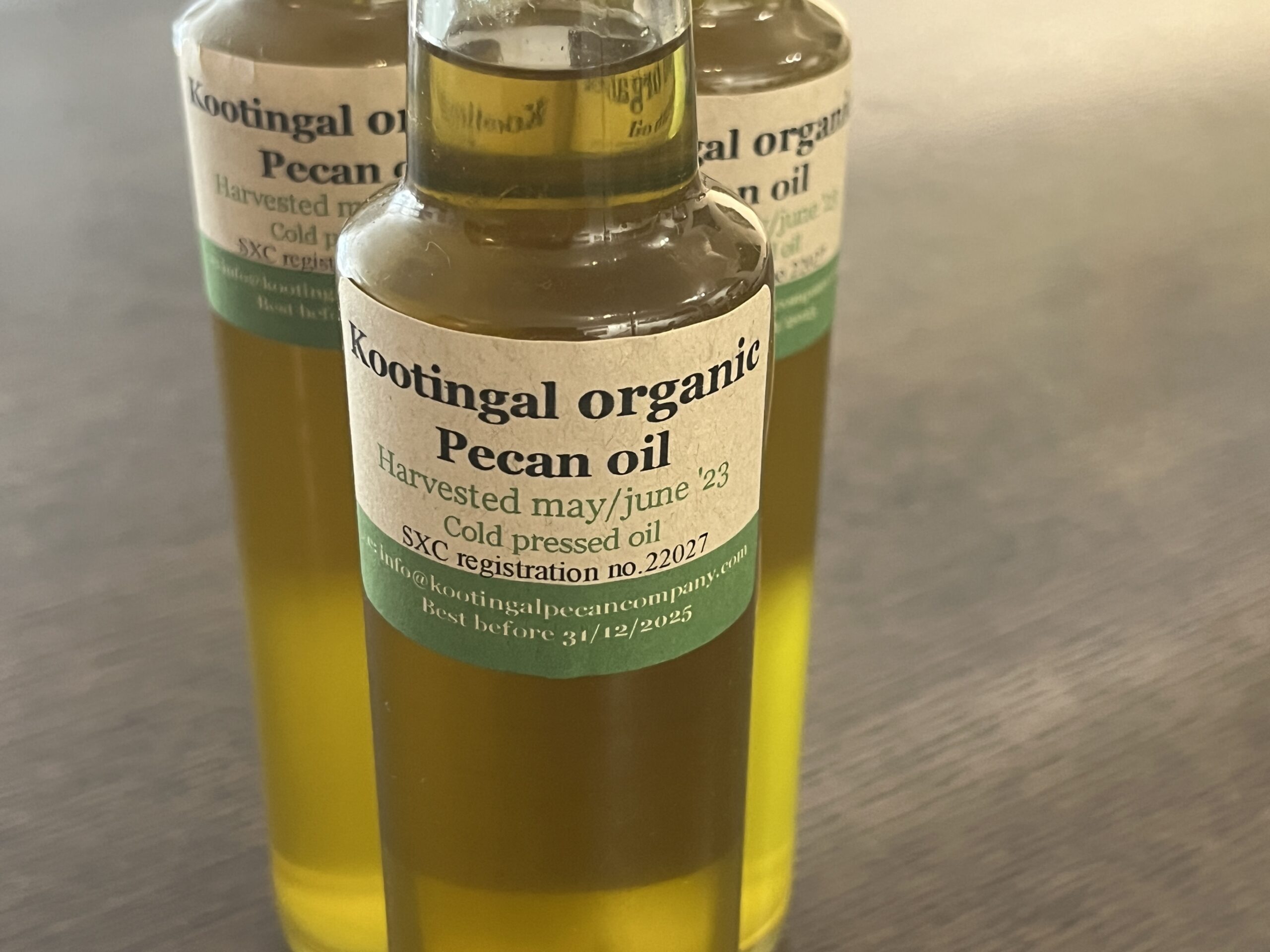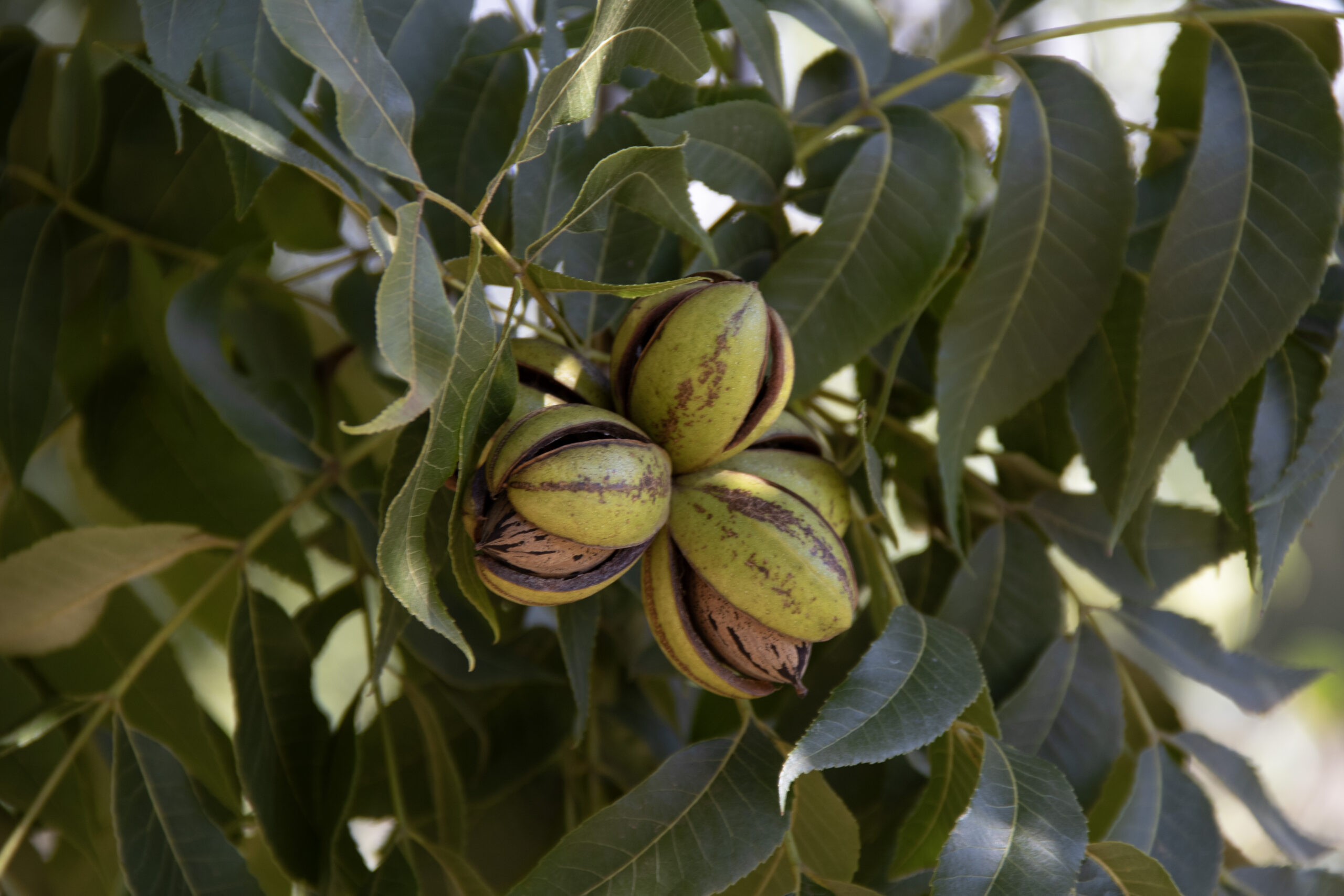A cracking story…….
Kootingal Pecan Co. offers other farmers access to a new processing centre which cracks, shells and packs their pecans in NSW. The pecans were non organic. This week I followed up with a phone call to check in with the grower about progress on sales, labelling on the packs etc.
The great news was that local artisans, such as bakers, are enthusiastic about the opportunity to work with locally grown produce like pecans to include in their range of baked goods, and to pay a fair market price.

The local artisan recognised the taste and value of fresh locally grown pecans!
This grower is now selling locally and can follow their product from the orchard to the shop and probably feel great about that journey. The grower also has a story to share about their pecans going from orchard to plate, a great feeling of accomplishment.
This particular grower told me they getting well over $30/kg for their cyrovac packed pecans. I am not revealing the expected $/kg figure, but I believe they are happy.
For this grower, the financial analysis against selling pecan nut in shell to third parties suggests that net after external cracking cost they are around $20/kg (or $20,000/tonne) ahead before the costs of operating the orchard. New tree shaker anyone?
Their experience has been similar to mine in my first year of growing pecans. There is an opportunity for pecan growers to be proactive, to create and offer a product of value avoiding or at least offsetting being price -takers. There is such a range of product opportunities from oil to pecan wood chips for wood smokers. Who knew that people will pay $12/kg for pecan wood chips for their b-b-q or wood fired pizza oven?

Growers could consider looking at markers such revenue per available kilo of pecan (REVPAK) to track their progress, monthly or annually. Any product transition particularly for established growers may take a few years. It is baby steps towards a considered and measured change in direction which may require changes in strategic direction as opportunities are explored. Splitting pecan volumes across different distribution and purchasing channels, tracking demand and REVPAK and ultimately building your brand into your local markets and beyond. Surplus pecans from each year could possibly be consolidated into larger organisations’ supply chains or other markets that you consider, research and pursue. Such a transition has the ability to lift your financial return as a pecan farmer beyond price taker.


